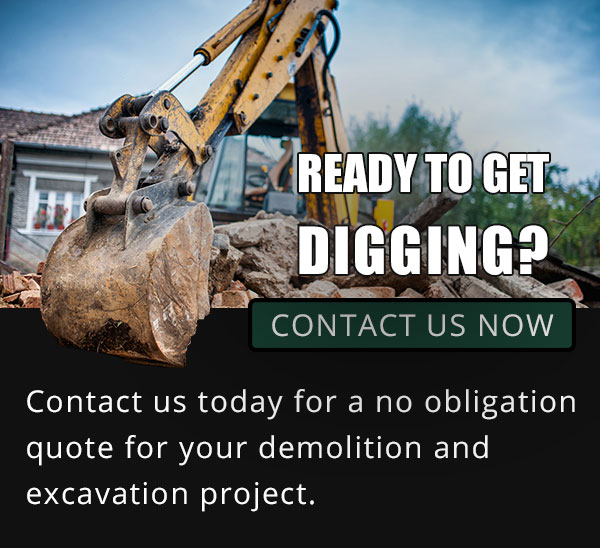This guide will help you figure it out
When a business owner wants to improve his or her property, it is generally not too hard. There are quite a few landscaping or hardscaping ideas that can transform a property’s exterior, and improvements can attract more customers, convey a brand’s message, and offer several other benefits. And while planting trees and flowers and shaping topiary takes some work, sometimes Mother Nature makes things extremely difficult. If there is a boulder on your property and you would love to get rid of it, the first thing you need to do is get a good estimate of how much it weighs, and you can do this by following these steps:
Determining boulder type
Most rocks may look pretty much the same, but there many different types, and to calculate the weight of your boulder, it is important to know what you are dealing with. To do this, you can consult a local expert (perhaps there’s a college nearby with an earth science program you can ask for help) or you may be able to determine what type of rock it is on your own with this guide.
Start measuring
Unless you’re lucky, your boulder is probably not a perfect geometric shape, so getting precise measurements will be tricky. The first thing to do is to grab your measuring tape and measure its length. If it is very long, this could be a two-person job. Then measure its width and height. If the rock is tall, instead of climbing it, which could be dangerous, just make a good estimate.
Get out your calculator (or phone)
Once you have the length, width, and height in feet (you can round to the nearest foot for each), multiply them. If, for example, these measurements were 5X3X4, the total cubic feet of your boulder is 60 ft. You will then take that number and multiply it by the weight per cubic foot of the rock type. Let’s say you are dealing with basalt, which is pretty common in New Jersey. According to this chart, solid basalt weighs 188 lbs. per cubic feet. So, taking 60 and multiplying it by 188, you get 11,280. In order to calculate tons, you will then take that and divide by 2,000. Using the above example, you have a boulder that is about 5.6 tons.
Okay, you have the weight, now what?
While it is nice knowing how much that big rock weighs, that information is not going to help you move it. However, it will come in handy when determining what you will have to do to get rid of it. This should give you good insight into the kind of equipment and tools you will need, in addition to the costs involved. If you plan on hiring an excavation company to take care of it, giving them these details ahead of time may be able to expedite the process of removing the boulder.
If a huge rock is preventing you from enhancing your property’s landscaping, causing other issues, or it is just unsightly and you want it gone, get in touch with the excavation pros at Mikula Contracting. In addition to removing the boulder and perhaps some trees or other debris, we can also level out the land while preventing the loss of topsoil, reducing erosion. Our excavation services also address other areas, including:
- Drainage – When puddles develop on a lawn every time it rains, installing a seepage pit can help the problem.
- Foundation support – For a new structure or an addition to a current building, it is important to make sure the land can support the weight.
- Soil cleansing – When the soil around a foundation becomes contaminated due to something like a septic tank, it becomes a health risk to the community and needs to be removed.
- Pipe repair or installation – If water pipes aren’t working or need to be installed, precise excavation is paramount.
In addition to excavation, we also offer demolition services, and with everything we do, we make safety our number one priority. For over 70 years, when businesses in New Jersey have needed something dug up or torn down, they have relied on Mikula Contracting. If you are dealing with a troublesome boulder or any other issues that we can help you with, please get in touch. You can give us a call at 973-772-1684 or fill out our online contact form.



